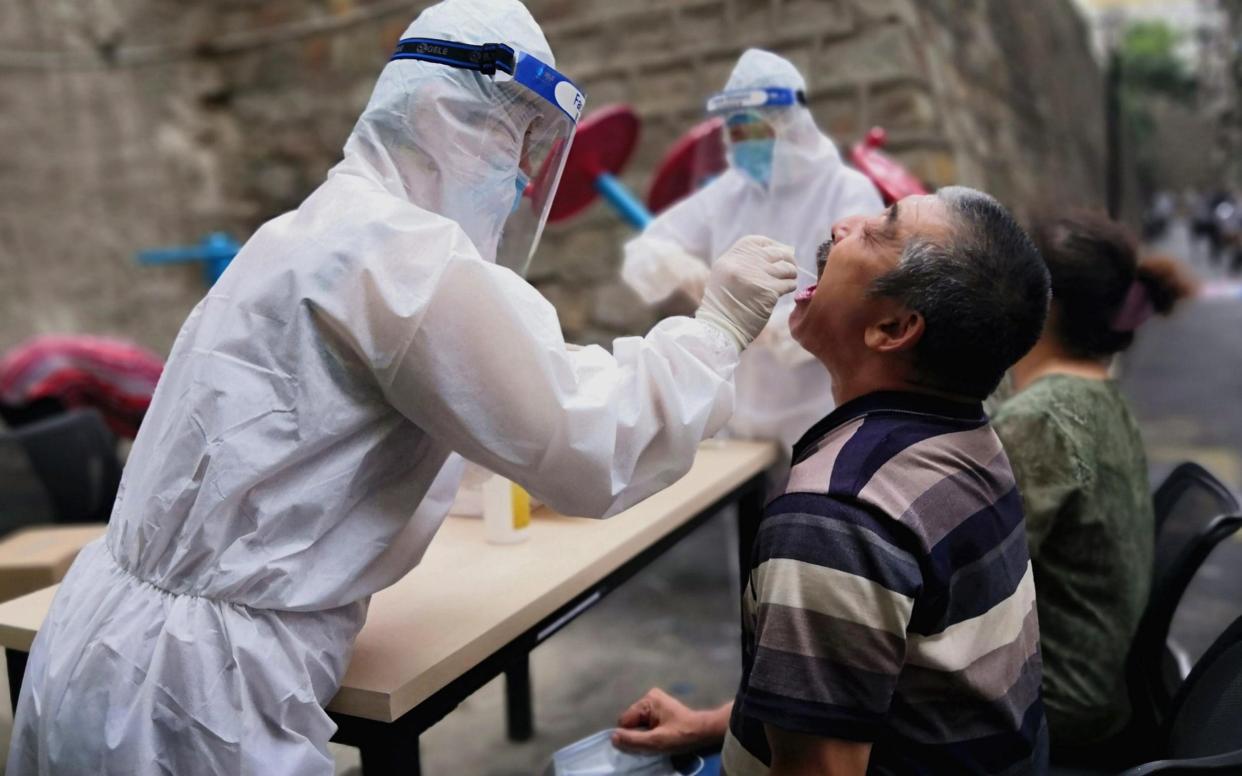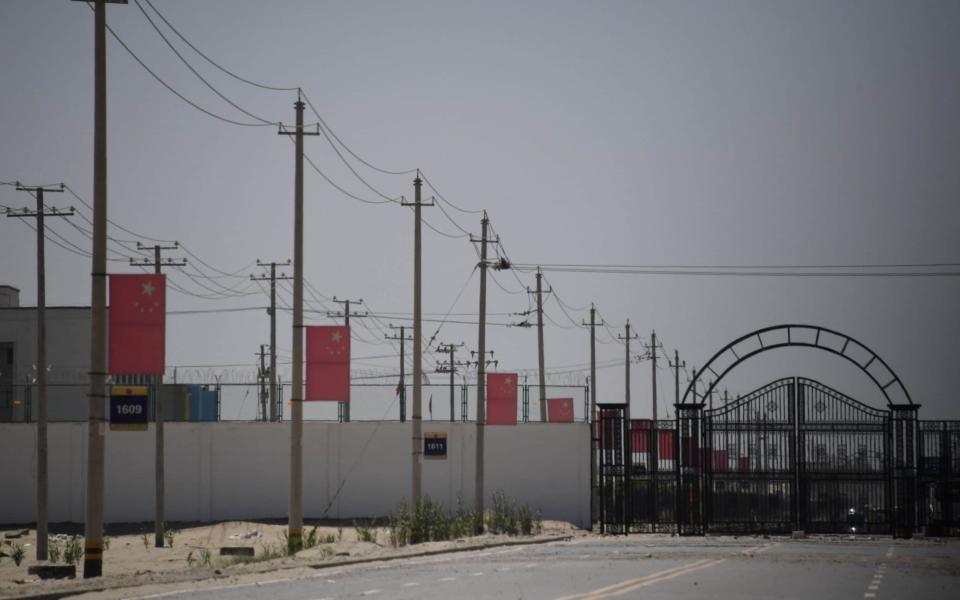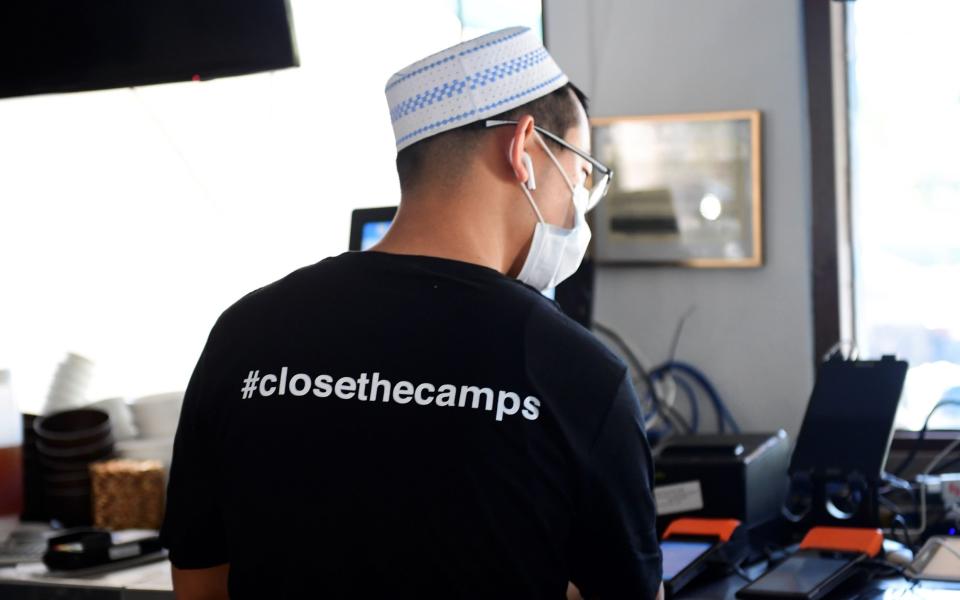Covid-19 outbreak in Xinjiang prompts fears of spread inside China's camps

China is fighting its most aggressive return of coronavirus in months, including infections in Xinjiang, the far western region where as many as three million people are believed to have been detained in vast internment camps.
On Tuesday, the national health commission announced 57 new cases in Xinjiang, bringing the total in the region to 235 cases since the first infection was reported mid-July.
Officials have not disclosed how the initial infection was contracted by a 24-year-old woman who worked in a mall in the region’s capital, Urumqi. State media have said the strain is similar to one found in Beijing, which experienced a cluster outbreak early summer.
Until now, Xinjiang was largely unaffected by the spread of coronavirus, linked to tight surveillance and security already in place as part of a wider campaign to bring under control the sometimes restive region, home to Uighurs, Kazakhs and other primarily Muslim ethnic groups of Turkic origin.
But fears are rising that the latest cluster outbreak could spiral out of control if it reaches China’s secretive internment camps, where former detainees have recounted squalid conditions.

As many as 20 are crammed into a cell with bathroom access severely restricted, former detainees have told the Telegraph. Inside, they were subjected to extreme physical torture and political indoctrination, including being electrocuted by cattle prods and subjected to body cavity searches.
“The poor treatment and torture they endure make detainees very vulnerable and susceptible to the virus,” said Dolkun Isa, president of the World Uyghur Congress, an advocacy group based in Germany.
“Many Uighurs have already died from medical neglect in the camps,” said Mr Isa, demanding China to shutter the facilities. “It will be a humanitarian disaster if the virus spreads in the camps...if it has not happened already.”
Detainees – who disappear into the camps for praying, fasting, growing a beard, wearing a headscarf, or even traveling abroad – would be at risk if security guards contracted the virus and infected those locked inside.
China, however, has claimed the camps are necessary to rehabilitate would-be terrorists.
There are also concerns that Chinese officials may not divulge the full scale of infections.
“When the outbreak first happened, the Chinese Communist Party increased its already overbearing control and censorship on information coming from East Turkestan,” said Mr Isa, a term that refers to Xinjiang.

Some Uighurs reject the name Xinjiang, meaning “new frontier” in Mandarin, as it presents a Chinese perspective on the region rather than reference its Turkic roots.
“The Chinese government’s response to the pandemic has consistently not been transparent and the CCP puts its reputation over the lives and well-being of those under its control,” he said.
A separate cluster outbreak has also sprung up in the northeast of China, centred around a seafood processing plant in Dalian, a major port city.
Chinese officials have again declared a “wartime mode” to contain the new outbreaks in China, instituting strict lockdowns and enforcing mass testing.
The government’s pledge to get to zero cases have thus far been continually thwarted by repeated resurgence of the virus in different pockets across the country.


